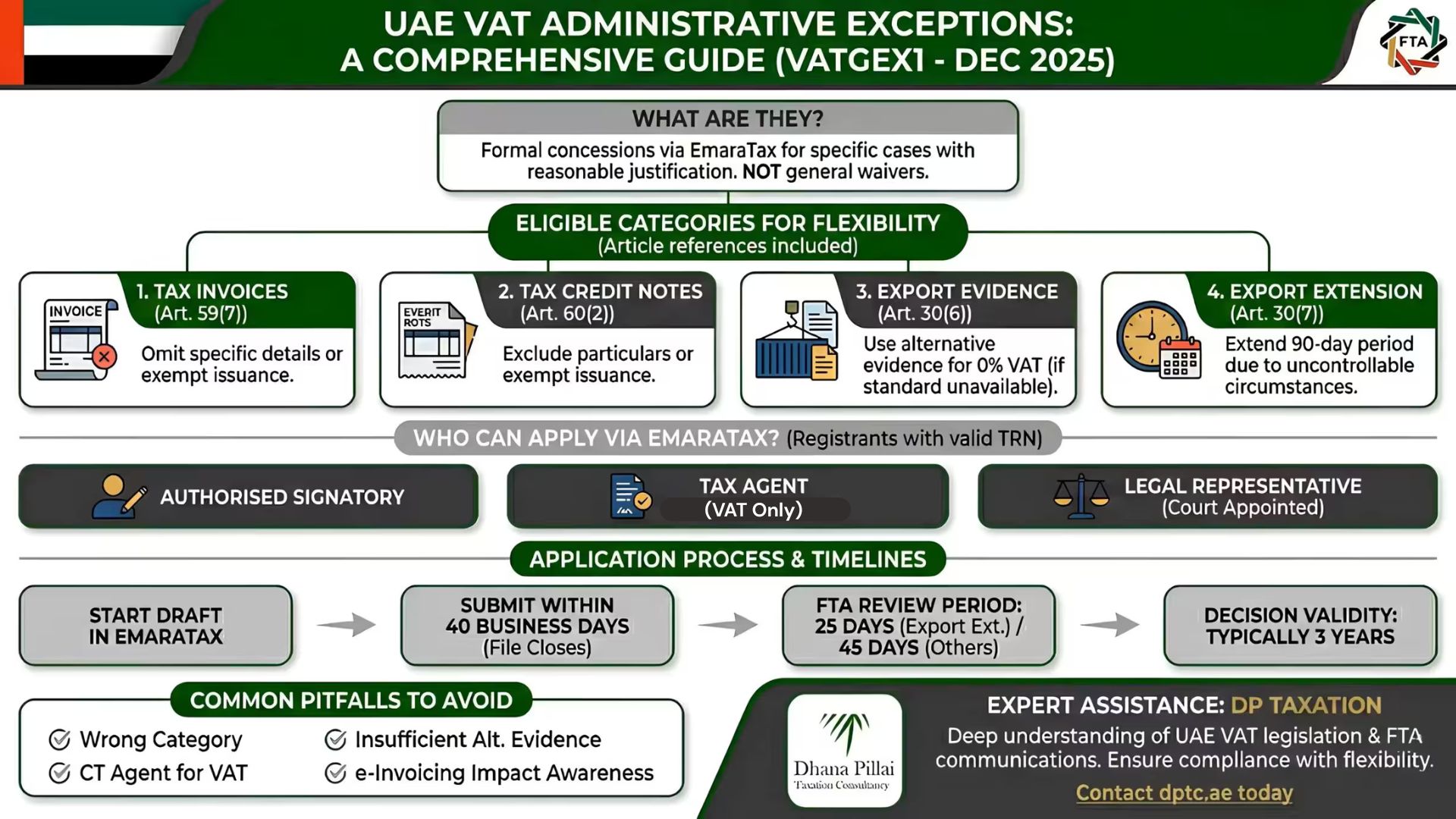Blog
- home
- >
- Blog
UAE Corporate Tax on profit paid in respect of Islamic financial instruments
The Federal Decree-Law No. 47 of 2022 on the Taxation of Corporations and Businesses, (“the UAE Corporate Tax Law”) has brought significant changes to the commercial landscape in the United Arab Emirates. One key aspect of the law is the treatment of interest deductions for businesses operating in the UAE. In this article, we will delve into the definition of interest under the UAE Corporate Tax Law, explore the general interest deduction limitation rule for Islamic Financial instruments, and examine specific interest deduction limitation rules for related party transactions. The UAE Corporate Tax Law came into force on 1 June 2023 and is applicable to businesses in the UAE for the financial years commencing on or after 1 June 2023.
Definition of Interest
The definition of Interest under the UAE Corporate Tax Law states, “Any amount accrued or paid for the use of money or credit, including discounts, premiums and profit paid in respect of an Islamic financial instrument and other payments economically equivalent to interest, and any other amounts incurred in connection with the raising of finance, excluding payments of the principal amount.”
According to the explanatory notes to the UAE Corporate Tax Law, the term “Interest” is defined broadly to reflect the fact that there is considerable flexibility as to how financing arrangements may be structured. In general terms, Interest means the compensation earned by a creditor for the use of their money, whether under a conventional financing arrangement or a financing arrangement that is compliant with Islamic Sharia law. Islamic Financial Instrument is a financial instrument which is compliant with Sharia principles.
General Interest Deduction Limitation Rule
Article 30 clause 1 of the UAE Corporate Tax Law introduces the General Interest Deduction Limitation Rule, which restricts the deduction of interest expenses. According to this rule, a taxable person's net interest expenditure is deductible up to 30% of their accounting earnings before the deduction of interest, tax, depreciation, and amortization (EBITDA) for the relevant tax period. However, this deduction is subject to the exclusion of any exempt income as defined in Article 22 of the UAE Corporate Tax Law. In simpler terms, businesses can deduct interest expenses up to 30% of their EBITDA, excluding exempt income.
Furthermore, Article 30, clause 4 allows any disallowed net interest expenditure under clause 1 to be carried forward and deducted in the subsequent ten tax periods, following the order in which the expenses were incurred. This provision offers some flexibility for businesses that may have higher interest expenses in a particular period, ensuring that they can benefit from deductions in the future.
Financing by other than Financial Institutions
In the UAE, only licensed financial institutions and banks are authorized to lend money and provide financing to businesses and individuals. However, ultimate parent companies often lend surplus funds to their subsidiaries. In such cases, specific interest deduction limitation rules in respect of related party transactions shall apply.
Under the UAE Corporate Tax Law, interest deductions for related party transactions will be disallowed unless absence of corporate tax benefits are established. This means that holding companies must ensure that their lending practices to subsidiaries are provided for genuine commercial reasons and are not motivated for tax reasons. The specific interest deduction limitation rules aim to prevent the misuse of intercompany loans and promote fair taxation practices.
Conclusion
The UAE Corporate Tax Law restricts the tax planning arising from the flexibility in structuring financing arrangements, be it conventional or compliant with Islamic Sharia law. The general interest deduction limitation rule restricts the deduction of interest expenses to 30% of EBITDA, with any disallowed amounts being carried forward for future deductions. Additionally, specific interest deduction limitation rules apply to related party transactions, requiring businesses to establish genuine commercial reasons for such transactions to ensure the validity of interest deductions. Understanding these provisions is crucial for businesses operating in the UAE to navigate the tax landscape effectively and ensure compliance with the law.
For any further inquiries, please feel free to reach out to Ms. Dhana Pillai via email at dhana.pillai@dptc.ae.
- Dhana Pillai




